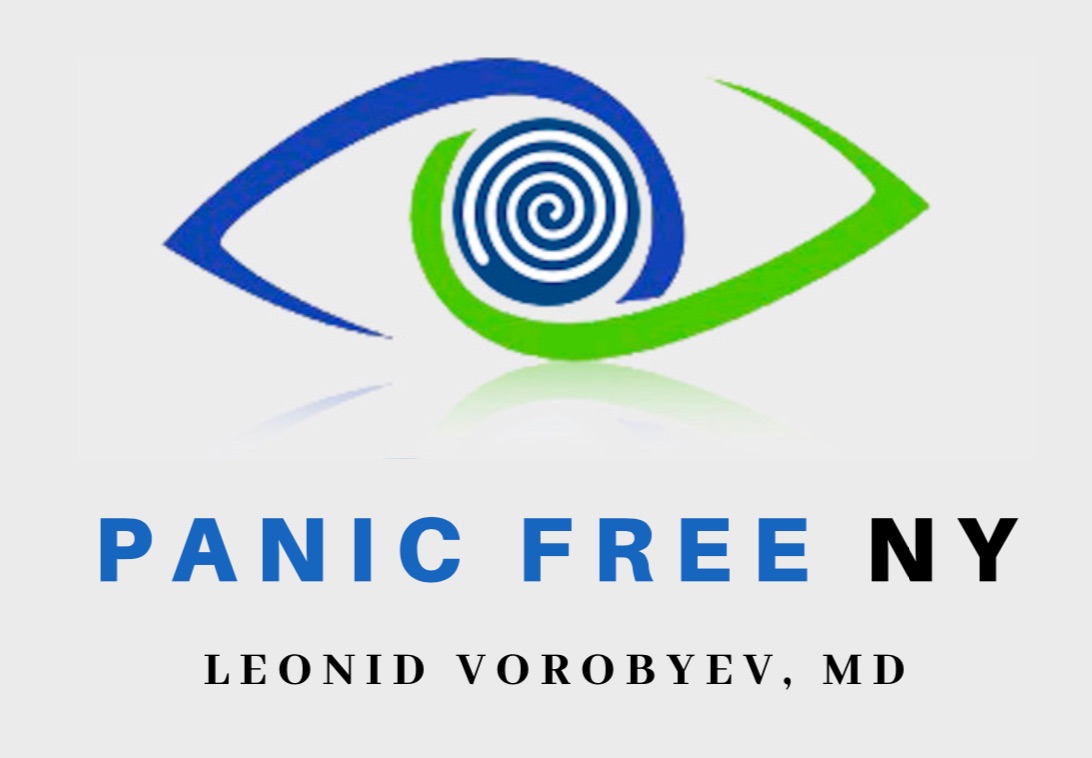
About Dementia
Dementia cannot be characterized as one specific disease. It is a term that associates symptoms that describe a decline in a person’s memory, and other brain functions that prevent a person from performing every-day tasks. More than 60% of dementia cases are diagnosed with Alzheimer’s disease, which is a type of dementia which causes problems with memory loss and other behaviors caused by the memory loss. While most dementia is not reversible, there are some causes that can be reversed like certain thyroid disorders, and vitamin deficiencies.
Symptoms
While there are many symptoms of Dementia, two symptoms out of the following list have to be present in order to be diagnosed.
- Trouble remembering
- Trouble verbally communicating
- Inability to focus
- Impairment of reasoning and judgment
- Lack of visual perception
People with dementia may have problems with short-term memory, retaining and keeping track of personal belongings, inability to plan for the future, inability to prepare meals, inability to remember appointment, inability to pay bills, prepare meals, or remember appointments.
If you notice these symptoms in someone you know, do not ignore it and see a medical provider right away. As a lot of dementias are progressive, the symptoms of a person suffering from dementia may gradually increase. Diagnosing dementia early, may give you or your loved one time to plan for the future, and allow you the opportunity to have an increased amount of treatment options.
Cause
Overall, dementia is caused by damage to certain brain cells. When the cells are damaged, they are unable to communicate properly with one another. When the cells are unable to communicate, a person’s behavior, memory, and feelings may be affected.
A person’s brain has a variety of regions, and each of these regions is responsible for very important functions like memory, judgment, or movement. When cells in a particular brain region are damaged, the functions of that region can be impaired.
Because there are many different types of dementia, the cause can only be determined when we know what particular brain region is impaired. For instance, patients with Alzheimer’s disease, have high levels of certain proteins inside and outside of their brain cells which stop the brain cells from communicating properly to each-other. The area of the brain that is most affected in Alzheimer’s patients is the hippocampus, which is the part of the brain responsible for memory, and learning information. The cells in that part of the brain are first to be damaged and that is why memory loss is often the first symptom of Alzheimer’s disease.
While most of the brain changes that cause dementia are permanent and increase over time, thinking and memory problems may be caused by a few of the following conditions and may improve over time when treated by a licensed provider:
- Excess use of alcohol
- Excess use of narcotics
- Thyroid problems
- Vitamin deficiencies
- Depression
- Medication side effects
Diagnosis
Diagnosing Dementia is not a one step process. There are currently no specific tests that can determine if someone has any form of dementia.
By carefully collecting a patient’s medical history, conducting physical examinations, lab tests, and reviewing characteristic changes in thinking, day-to-day functions, and behaviors, medical professionals can determine that a person has dementia with a high level of certainty however can-not always diagnose the exact type of dementia a patient has.
A patient may have to visit multiple specialists in order to determine the type of dementia he or she has.
If diagnosed with dementia, please know there are different support systems available to you. First and foremost, your psychiatric and neurological providers can both be great resources.
Something we found very informative, is the resource library available here. link: https://www.alz.org/help-support/resources/virtual_library
Treatment
Treatment for dementia depends on the cause of the disease. Dementias that worsen over time currently have no cure and no treatments that slow the progression of the disease. There are however treatments that temporarily improve certain symptoms.
The same medications that are prescribed to treat Alzheimer’s symptoms are some of the medications that are sometimes prescribed to treat other types of dementias.
The most important and effective form of treatment for dementia is through increased research and participating in case studies. Ask your medical provider if there are clinical trials and studies that are right for your diagnosis.
Prevention
Age and genetics, are dementia risk factors that can-not be changed. A lot of research is being done in the realm of how to reduce dementia risks. Research has shown that prevention includes physical fitness, diet, and taking care of your cardiovascular systems are all key to a healthier brain.
- Exercise: Putting your body in motion may help lower the risk of some types of dementia. Research suggests that because exercise increases oxygen and blood flow to the brain, that it may also directly benefit brain cells.
- Diet: Eating healthy foods may have a huge impact on brain health and heart health, the organ responsible for supplying oxygen and blood flow to the brain. Research suggests that creating healthy eating patterns rich in proteins, whole grains, fruit, vegetables, nuts, and healthy fats may help protect brain function.
- Cardiovascular Risk Factors: Protecting your brain the way you protect your heart is important! Your brain is supported by a network of very important blood vessels and if these blood vessels are damaged somewhere else in your body, your brain may be affected. To protect your brain AND heart, don’t smoke, exercise often, keep your blood pressure and cholesterol under control, keep your weight within a suggested BMI, and ensure your blood sugar levels are under control.

